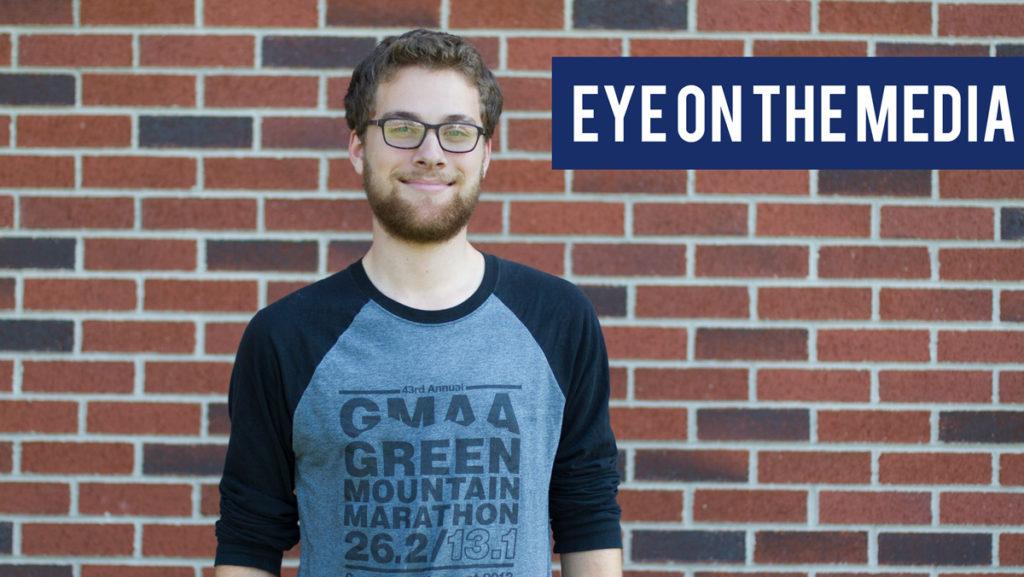In the last few weeks, following explosive exposés by The New York Times and The New Yorker detailing myriad accusations of sexual assault and harassment made by women against Hollywood film executive Harvey Weinstein, the media has played an important role as a conduit for people to share accusations of abuse and harassment at the hands of powerful men.
Recent stories featured in the media have contained allegations of sexual abuse or harassment against actors including Kevin Spacey, Ben Affleck and Dustin Hoffman; politicians such as former president George H.W. Bush; and powerful figures in the media itself including political journalist Mark Halperin, NPR top editor Michael Oreskes and Vox Media editorial director Lockhart Steele. And this is just the tip of the iceberg of those who have been accused. There are many, many more.
While it’s important to acknowledge that the real heroes are those coming forward and sharing their experiences of sexual abuse or harassment, the media should be commended for amplifying these stories to a wider audience. And in cases such as the stories about Weinstein and the investigative reporting by The New York Times into Bill O’Reilly’s predatory behavior at Fox News, the truth about these men would have never gotten out without the dogged efforts of muckraking journalists.
But as journalists pursue more stories about powerful men and sexual misconduct, it’s important that they keep a wide lens. The sheer number of society’s elite who have been accused of some form of inappropriate sexual behavior shows that this is a structural issue that spans across society. However, the media’s individualistic coverage of each story of sexual misconduct runs the risk of minimizing the structural, systematic nature of the issue.
This is because after many of the reported stories about powerful men there has been a rush to morally condemn them. It’s not that this shouldn’t happen; these men are predators worthy of disgust. But the issue is that often the response to these stories has only progressed to the level of moral condemnation of the individual accused and hasn’t advanced to thinking about sexual assault and harassment as a problem across today’s society that cannot be solved without addressing patriarchy and toxic masculinity.
In addition, too much focus by the media on taking down the next powerful man comes at the risk of losing sight of the fact that sexual misconduct is not only a problem among the elite. Sexual assault and harassment happen across all strata of society, and in fact impact marginalized groups the most. But because of the nature of who the media pays attention to, stories of inappropriate sexual behavior by those outside of the elite are rarely reported.
None of this is to say that the media should stop investigating the sexual misconduct of powerful men. But within their reporting, journalists should also include additional context that brings the story beyond the level of simple moral condemnation by emphasizing the systemic nature of sexual assault and harassment in society.




